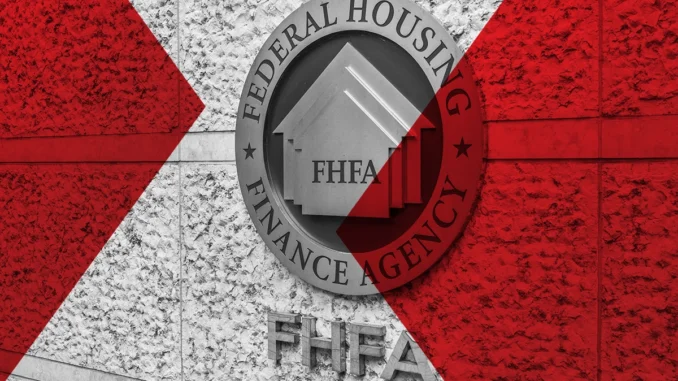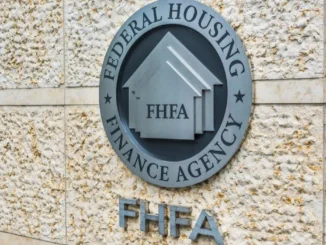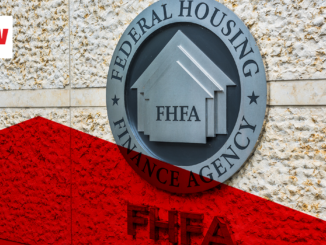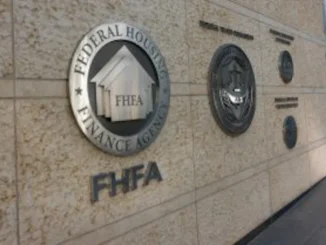
The Federal Housing Finance Agency (FHFA) on Wednesday released a proposed rule that would codify many of its regulatory policies related to fair housing and fair lending.
In formalizing housing regulation policies through the rulemaking process, the Biden administration hopes to make it more difficult for future administrations to untangle them.
The proposed rule would codify in regulation FHFA’s fair lending oversight requirements for Fannie Mae, Freddie Mac and the Federal Home Loan Banks. Notably, it would also formalize that the GSEs maintain equitable housing finance plans (EHFPs) and the requirements for Fannie Mae and Freddie Mac to collect and report homeownership education, housing counseling, and language preference information from the Supplemental Consumer Information Form (SCIF).
Affordable housing advocates cheered the move.
“The Underserved Mortgage Markets Coalition (UMMC) has long advocated for a rule making on the Equitable Housing Finance Plans and the undersigned coalition members are pleased to see a proposed rule to ensure the longevity of the EHFPs,” said the UMMC, which counts 29 member organizations as part of its collective. “The coalition has long expressed that for the EHFPs to be effective and to continue after this administration, it is critical that FHFA promulgate a rule that will be closely modeled on FHFA’s “Duty to Serve” (DTS) regulation and create a pattern of practice of releasing similarly robust amounts of the EHFP performance data.”
The UMMC and other groups have for months been lobbying FHFA Director Sandra Thompson to discuss formalizing the equitable housing finance plans.
Following multiple revisions, the GSEs in early April announced updates to the equitable housing finance plans, which included Freddie Mac expanding special purpose credit programs, increasing the availability of accessory dwelling units (ADUs) and manufactured homes, as well as the launch of a correspondent lending program to assist smaller financial institutions with access to Freddie Mac’s multifamily financing.
For Fannie Mae, it too is looking to expand the special credit purpose programs geared toward helping people in majority Black and Latino communities. Fannie also touted a “social index” to help translate investor interest in socially conscious investing into savings for underserved borrowers and its series of changes to valuation modernization, which it says will reduce bias, improve accuracy and reduce costs.
Industry stakeholders have 60 days to comment on the proposed rule.



